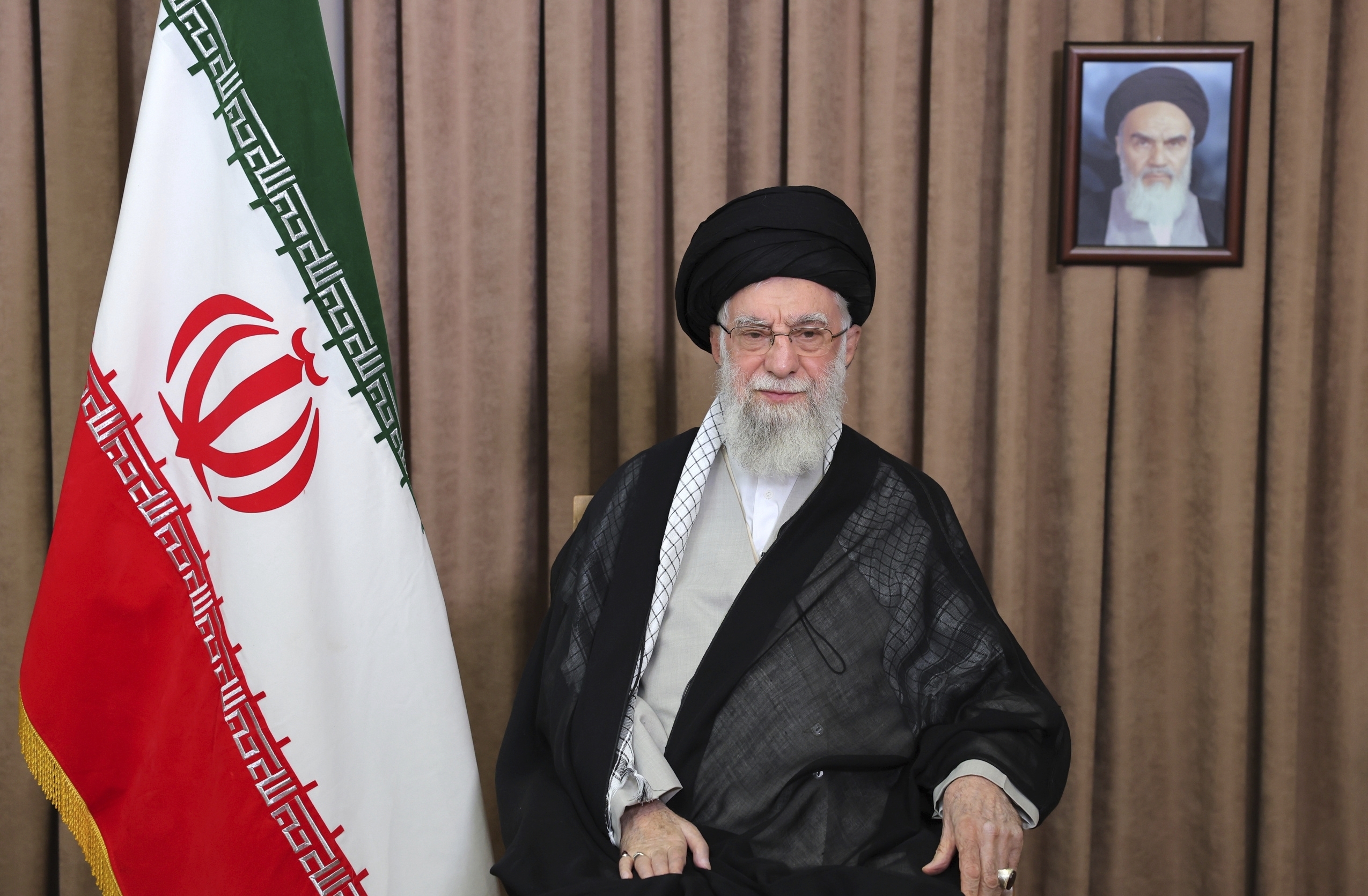The most intense and direct confrontation between the two nations continued Monday.
“We are winning. Israel is destroying the Iranian nuclear and ballistic missile terror complex, day after day, wave after wave, hour after hour,” Joel Rosenberg, a noted Israeli author and publisher, said on American Family Radio Monday.
Rosenberg holds dual citizenship in Israel and America. He believes Israel will finish the job against Iran.

“When the smoke clears from this fight, Israel is going to be the sole superpower in the Middle East … because we have taken the fight no one else would take,” Rosenberg told show host Jenna Ellis.
But winning hasn’t come without cost.
Before there was quiet over Israel on Monday, the Iranian response targeted civilian populations in major Israeli cities such as Tel Aviv and Haifa. Israel’s Golden Dome missile defense system has been largely successful, but not flawless, as Iranian missiles rained down (pictured below) on Israel.
In Israel, at least 10 people were killed in Iranian strikes overnight and into Sunday, according to the Magen David Adom rescue service, bringing the country’s total death toll to 14.
 The country’s main international airport and airspace remained closed for a third day, The Associated Press reported Sunday.
The country’s main international airport and airspace remained closed for a third day, The Associated Press reported Sunday.
“We have taken real hits here. Twenty-four Israelis have died in Iranian ballistic missile attacks. I think the number is around 400 are wounded so far, and there have been some direct hits. Israel is shooting down about 85 to 90 percent of the missiles, but these systems are not foolproof, and so some of these missiles have had direct hits on apartment complexes and office buildings in Tel Aviv and other places in Israel. So at the moment, the skies are quiet, at least here in Israel,” Rosenberg said.
As of Sunday, Iran’s health ministry said 224 Iranians have been killed since the attacks began Thursday, The AP reported.
It says that 90% of the casualties have been civilians.
Iranian citizens flee Tehran
Israeli leaders have stated its intentions to strike key military and intelligence sites and has urged civilians near likely targets to evacuate.
Many have taken the Israelis at their word, and it’s not hard to find social media video of slow-moving vehicles and massive traffic jams as Iranians try to leave Tehran, their capital and a city of almost 10 million.
“It’s really quite breathtaking, the number of cars in traffic jams trying to get out. That’s an important message. That’s an important message. The Iranian government, that wicked regime in Iran, has put the people of Iran in jeopardy,” Rosenberg said.
The United States response from President Donald Trump has been largely defensive. Trump has so far rejected requests by Israel’s Prime Minister Benjamin Netanyahu to join the conflict and continues to seek a diplomatic solution.
 “We have the ability to negotiate a successful peaceful resolution to this conflict if Iran is willing,” a senior White House official told Axios. “The fastest way for Iran to accomplish peace is to give up its nuclear weapons program.”
“We have the ability to negotiate a successful peaceful resolution to this conflict if Iran is willing,” a senior White House official told Axios. “The fastest way for Iran to accomplish peace is to give up its nuclear weapons program.”
Over the weekend, other Axios sources said the U.S. is considering a request to take part in a specific mission against Iran’s nuclear site at Fordow, which is deeply entrenched into a mountain an protected from traditional air strikes.
In such an attack the U.S. would likely employ the 30,000-pound Massive Ordnance Penetrator – also known as bunker buster bombs – which Israel does not possess.
“Israel has never asked the United States to send your sons and daughters into harm's way to protect Israel. We ask for the tools to do the job, and we ask for political support. But after that, we're willing to do it,” Rosenberg said.
Rosenberg said Trump has done an “astonishingly wonderful job in standing with Israel.”
“He’s decided he doesn’t want the United States to be the one taking the lead in attacking Iran and destroy Iran’s nuclear weapons infrastructure, it’s ballistic missile and terror infrastructure. That’s his call. He’s the commander-in-chief.”
What U.S. elections meant for Israel
While Trump carefully considers the U.S. response, it’s crystal clear, Rosenberg says, that attacks against the Iran’s nuclear and war-making capabilities would not be happening today if Americans had voted differently last November.
In the politics of self-preservation, Israel must consider its moves in light of a response from the U.S., its key ally.
 “Biden and Obama refused to give us permission to protect ourselves, and we didn't feel like we could cross them at that time,” Rosenberg said.
“Biden and Obama refused to give us permission to protect ourselves, and we didn't feel like we could cross them at that time,” Rosenberg said.
Trump, meanwhile, encouraged talks with Iran but also gave Iran a 60-day deadline to sign an agreement to voluntarily dismantle its nuclear program.
“Those negotiations began on April 12th. Now, 60 days later was June 11, and on June 12, when the supreme leader of Iran, the Ayatollah Khamenei, rejected all of Trump's offers, it seems clear now that on June 12, the 61st day, Trump gave Netanyahu the green light. We gave Iran 60 days. We made a good faith effort,” Rosenberg said.







